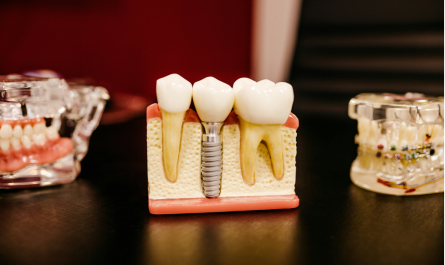Military sexual trauma is common and can impact both women and men. This type of assault often goes unreported and may result in adverse mental health outcomes.
MST is linked to a variety of mental health conditions, including PTSD, depression, and anxiety. It can also lead to substance abuse and physical health problems.
Post-Traumatic Stress Disorder (PTSD)
Almost everyone feels some distress after experiencing a traumatic event. However, if those feelings persist and cause a person to experience significant distress in their daily life, it may be time to see a mental health professional.
Symptoms of PTSD from MST fall into four categories: intrusive symptoms (nightmares or flashbacks that replay the trauma); avoidance (staying away from places, people, or thoughts that remind you of the trauma); increased arousal (being startled easily, difficulty concentrating or sleeping problems) and changes in thinking or mood (feeling hopelessness or believing others cannot be trusted).
To diagnose PTSD, a healthcare provider will review your history and symptoms. Psychotherapy (talk therapy), such as cognitive behavioral therapies like eye movement desensitization and reprocessing, prolonged exposure, and cognitive processing therapy, are effective treatments for PTSD. In addition, medication can be used as an adjunct treatment to reduce a person’s distress.
Depression
Military sexual trauma is common and can have lasting effects, including PTSD, depression, and suicidal thoughts. Fortunately, with the proper support and treatment, survivors of MST can overcome this trauma and go on to lead fulfilling lives outside of the military.
It is essential to understand that while women veterans most often experience MST, male service members can also experience unwanted sexual advances and behavior. Sexual assault and harassment in the military can take many forms, including unwanted touching or grabbing, comments about a Veteran’s body or sexuality, and even forceful coercion.
Depression caused by MST can lead to problems with interpersonal relationships and social functioning, as well as issues relating to work and family life. Moreover, it can cause physical health problems, such as chronic pain issues, weight or eating problems, and constant jitteriness and exhaustion from hyper-vigilance. Some people turn to self-harm or substance abuse as a way of dealing with these symptoms, but this is not helpful in the long term.
Anxiety
Those who have experienced MST often struggle with intense levels of anxiety. This can result in stomach or bowel problems, jitteriness, and exhaustion. It can also interfere with sleep and cause issues with the body’s hormone levels.
Survivors can face additional challenges when seeking mental health services to heal from MST. They may fear the repercussions of reporting assaults or harassment, mainly when it is perpetrated by someone who is their supervisor or outranks them. This type of abuse can damage the trust and camaraderie that are so critical to military success, and it can have negative consequences for their career prospects.
MST can occur in any military branch, affecting all genders. It can occur as the result of a physical assault or sexual harassment, or it can be a combination of both. However, not all MST survivors will experience these adverse outcomes. This can depend on their overall experience, coping abilities, and resiliency features.
Suicide
The trauma of military sexual assault can lead to a loss of control and self-worth, often compounding the feeling of being betrayed by their community. For many, the feelings of anger and resentment can build up until they reach a breaking point, resulting in suicidal thoughts or behaviors.
Sexual victimization in the context of MST is unique because it involves not only interpersonal betrayal but also feelings of institutional betrayal (e.g., fear of reprisal or ostracism, having to work and live alongside perpetrators). These factors can make it even more challenging to report incidents of MST than in other settings.
MST survivors who are struggling with symptoms of PTSD and depression should seek the help of a counselor, therapist, or treatment program. These programs and professionals can help them heal from their trauma so they can begin to reclaim a sense of purpose and meaning in life again. It will likely take time and multiple treatments, but a survivor of MST can find healing and enjoy a fulfilling life outside the military.




